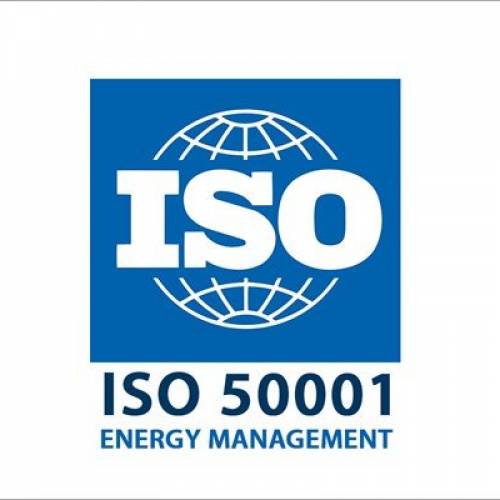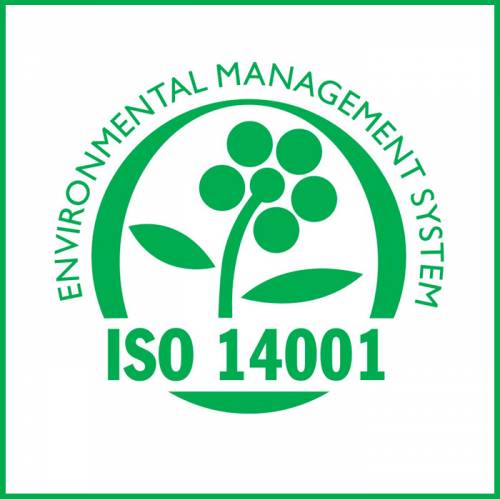ISO 50001 is a voluntary standard developed by the International Organization for Standardization and sets out the requirements and recommendations for the Energy Management System (EnMS). It is based on many national and regional standards, such as the Euronor EN 16001.
The International Organization for Standardization suggests that the widespread use of the ISO 50001 standard in economic sectors as a model of the global energy management system could affect 60% of the world's energy consumption.
The ISO 50001 standard is a guide to prioritizing control points, measurements, documentation, energy efficiency and reporting on greenhouse gas emissions, as well as prioritizing the introduction of new energy-efficient technologies.
Advantages of ISO 50001 standard:
Increased energy efficiency.
Reduced cost.
Improved environmental conditions.
Reduced risks.
Increased energy security.
Who can use ISO 50001?
ISO 50001 establishes a structure for industrial factories; For commercial, institutional and state facilities and all other organizations to manage energy efficiently.









